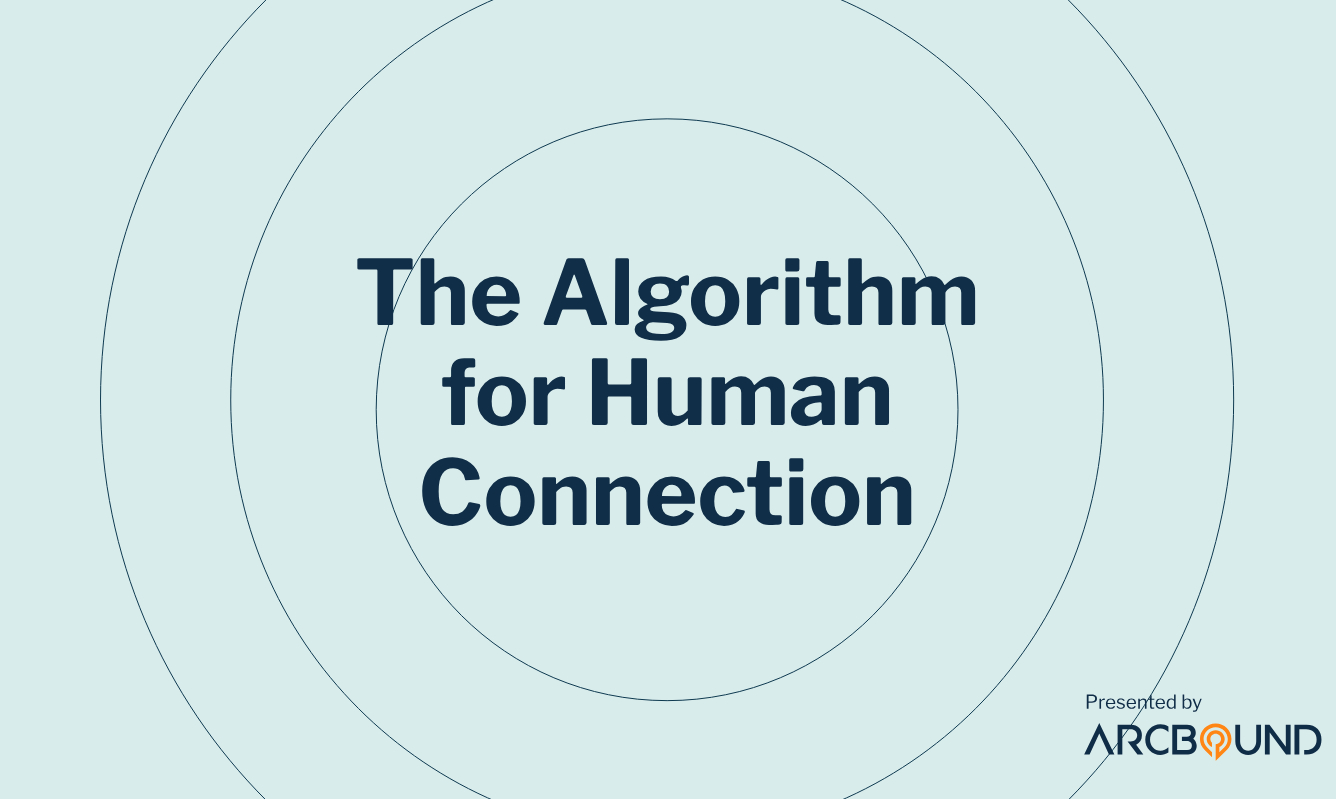The Algorithm for Human Connection

What makes someone so good at finding and connecting the right people at the right time?
Having made thousands of connections over the past few years, I’ve learned that it comes down to applying business-level strategy to cultivating relationships.
As I’ve mentioned, this work is well worth the effort, as it can pay off for everyone in spades. It’s an art and a science, but precision remains the name of the game. Let’s cover the ground rules of great connections, from the whys behind it all to the questions to ask before, during, and after for flawless execution.
The Ground Rules
Know your where and why. Above all else, you must know where you want to go and why you want to get there (same goes for those you’re trying to connect). When you get the why and for what right, it makes the who and how a whole lot easier. Don’t venture into the world of connections until you’ve got this down.
Ask first (when possible). I’ll admit that I’m not great with this one—I tend to find myself requesting forgiveness more than I’d like to admit—but it is ideal to check in with potential connections before linking them up. That’s especially true if one person may seem to benefit more from the connection than the other. With that in mind…
Look for the win-win(-win). The best connections are ones where everyone gets something out of the deal. (Note: it’s not always the same thing.) When you can lay out the potential opportunity for both parties, do it. Bonus points if introducing two people can help you too!
Questions to Ask Yourself
1. What role will this person play in my life (or someone else’s)? Take the time to consider why those important to you are in your life, including the purpose they serve and how you serve them. Now, reflect on the role a new connection may play (and on what you can do for them).
2. What can they realistically give? And what will they get? Somebody once told me to limit my expectations of others based on the capacity in which they can and will show up. It’s proven to be excellent advice. Before I seek a new connection for myself or others, I think about what they’ll realistically give in terms of time and effort, and in which capacity I need it most. Am I looking for a friend? A business connection? Someone to give me advice on one specific issue? They may have valuable insight on multiple factors, but when I know exactly what I need from them, I can avoid asking for too much and optimize my chances of getting it. Then, I flip the switch and think about what I can effectively provide to them.
3. What information should I share? Consider the kind of relationship you want to cultivate, and come up with corresponding information or questions to share. Should you tell them about a mutual friend, a shared love of ramen, or your experience with their alma mater? What can you tell them about what you’re looking for or how you might be able to help them?
If you’re introducing two people from your network, think about it within the context of their connection. Don’t forget to do your due diligence: Do you understand what each side wants? Do you know what they have in common? Do they have similar energy? Can you see the potential outcomes of their interaction, both good and bad? Many great relationships don’t just happen—they are intentionally crafted.
Remember, the art of connection is not just about expanding your network, but about creating meaningful, mutually beneficial relationships that stand the test of time. By approaching each connection with intention and care, you’re not just building a network—you’re cultivating a thriving ecosystem of opportunity and growth.